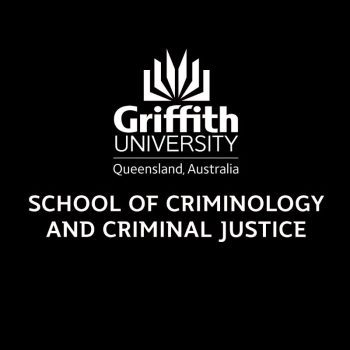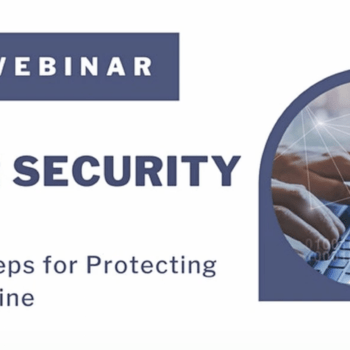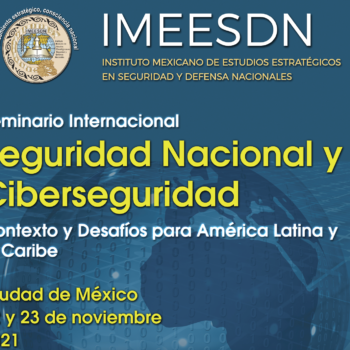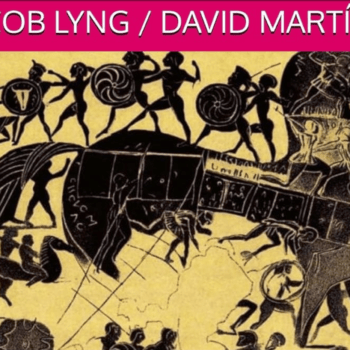The Graduate Certificate in Cloud Computing and Virtualisation from Charles Sturt University introduces the knowledge, capabilities and communication skills needed to design and manage cloud computing architectures in a business context.
ITC514 – Linux Server Administration
This subject is designed to introduce students to systems administration of Linux servers that provide information services accessed through the internet. Students learn to operate servers via the command line, write scripts to automate management tasks, create and manage networked information services, and assess tools for improving data and service protection.
- Introduction to server administration
- Automating system tasks
- Data organisation
- Data Integrity
- Network administration
- Network services
- UNIX security
- Performance analysis
- Security management and policy
ITC568 – Cloud Privacy and Security
This subject focuses on issues surrounding cloud computing privacy and security and their application to business. It discusses the governance framework that must underpin and define the processes for determining risk, privacy and security issues for an enterprise which uses a cloud model. It will examine the legal and business requirements for privacy, the need for a risk management assessment of all data used in cloud operations, and the use of security controls to manage the assessed risk. It further examines the major cloud deployment and delivery models to determine how these affect the risk management assessment and subsequent security controls when applied to business.
- Governance and auditing for cloud operations.
- Threats, risk and requirements landscape.
- Privacy, data and digital identity.
- Data sensitivity, location and legal jurisdiction.
- Cloud security approaches and challenges.
This subject focuses on container virtualization using open-source technologies that automate the deployment of applications. Students of the subject will create and run their own custom container environment, from the base operating system through to the entire container platform. Students will also study the appropriate use of different container types and how to apply them in a business context.
- Container fundamentals
- Containers versus virtual machines
- Different container technologies
- Configuring a container engine
- Container virtual networking
- Container orchestration and clustering
- Images and containers
- Working with remote repositories
- Security and isolation
- Troubleshooting
- Monitoring and alerting
- Controlling running containers
- Containers in a business context










